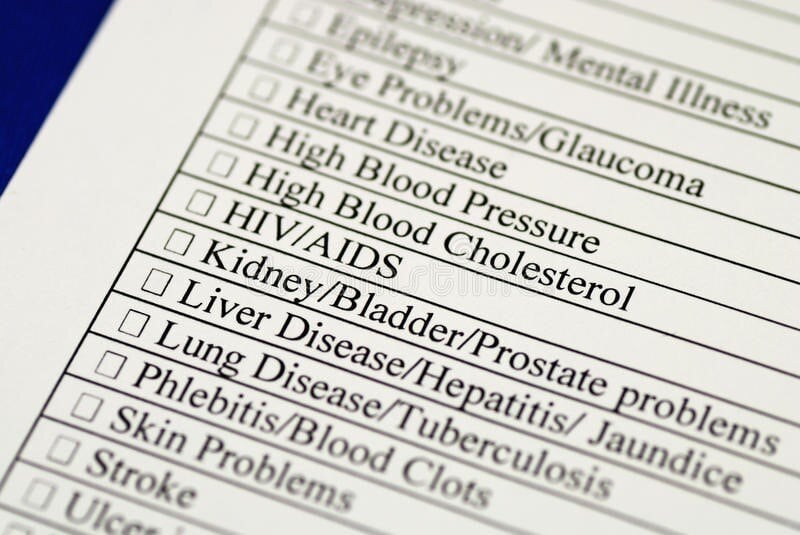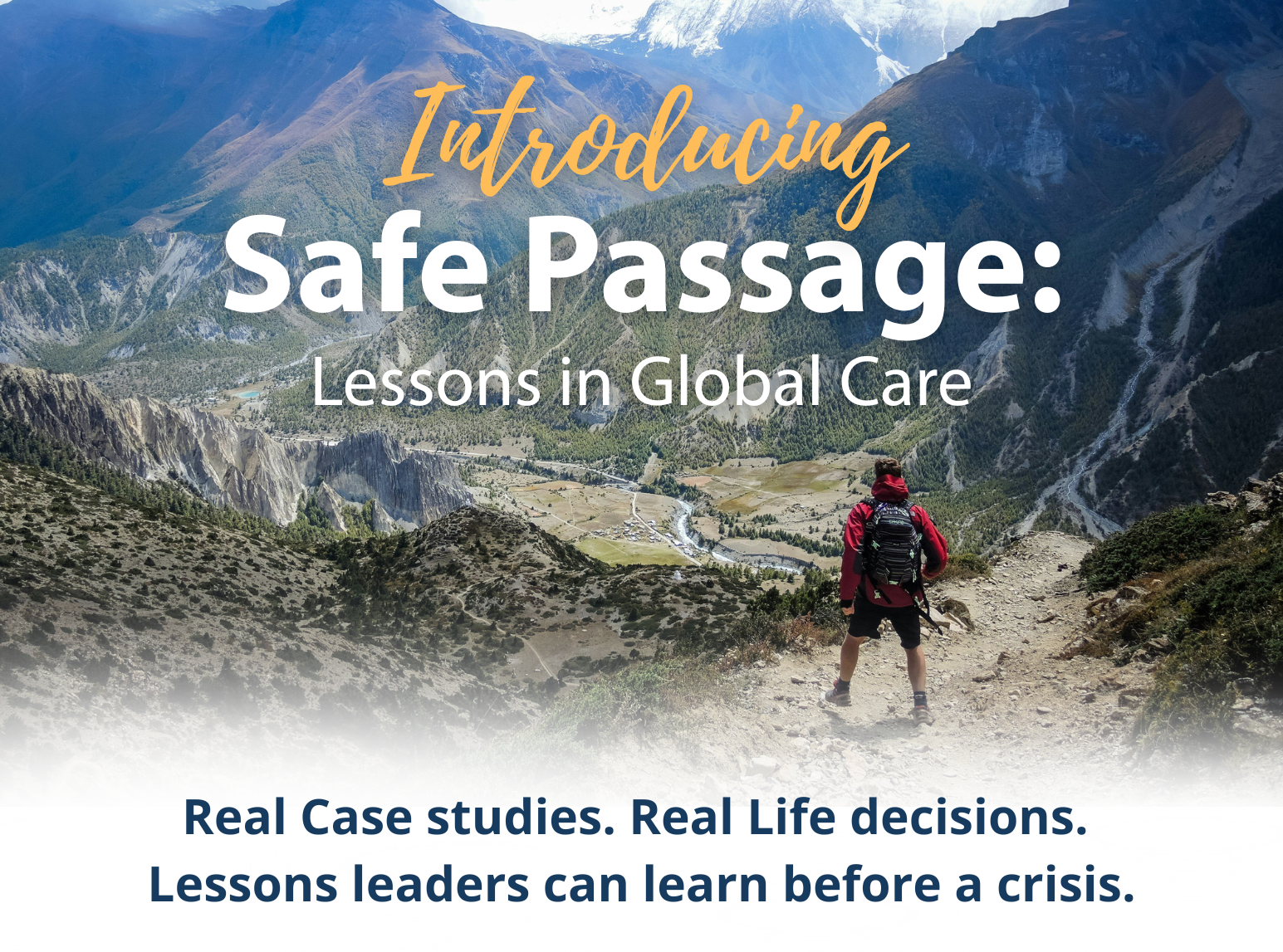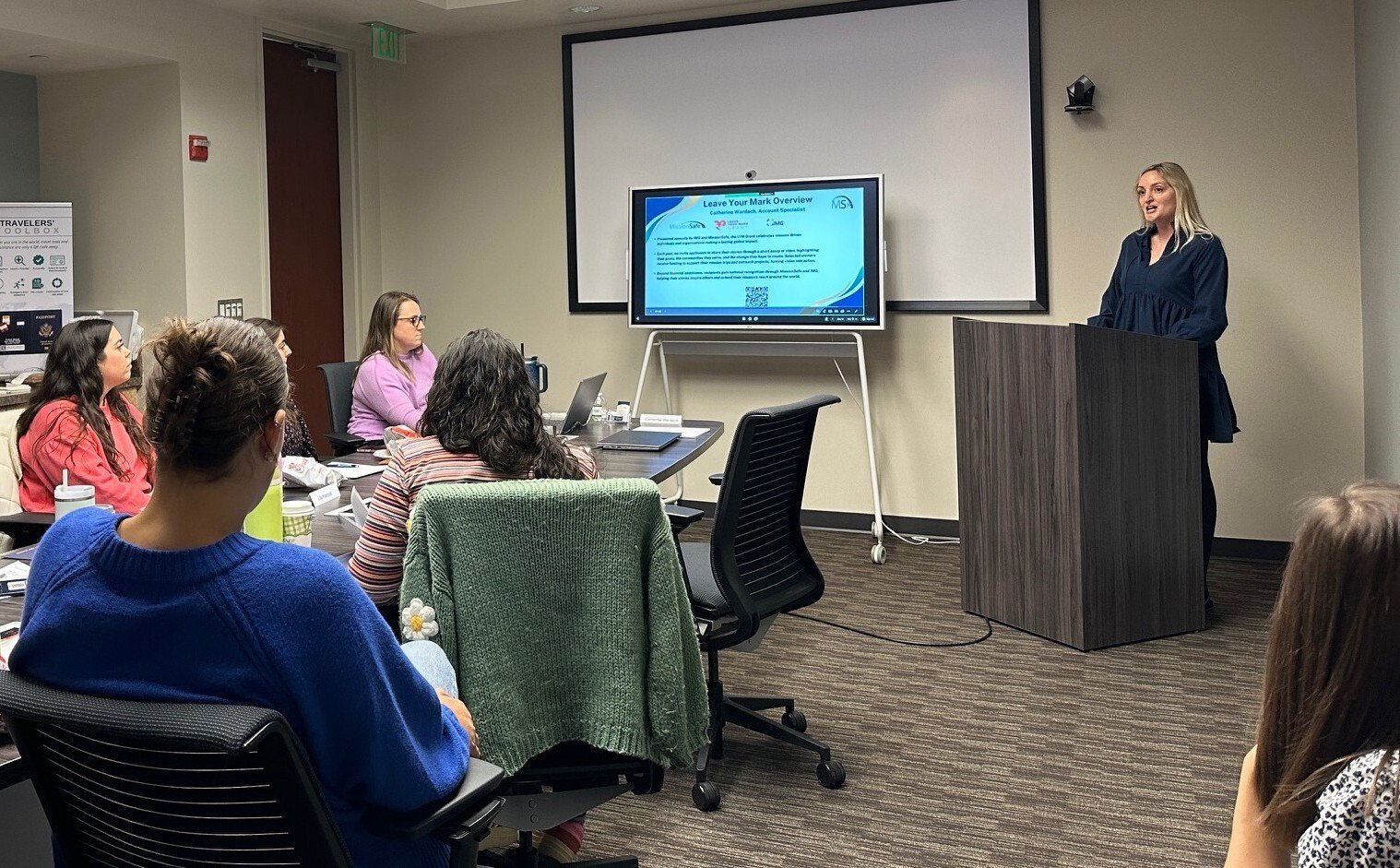What is Safe Passage?
What Is Safe Passage? Most trips unfold just as planned. But, when something goes wrong far from home, it doesn't begin as paperwork or a claim, it...

Image courtesy of dreamstime.com
• Risk Not Getting Coverage – By failing to disclose a pre-existing condition, you run the risk of not being able to claim for a situation that is a result of, or could be tied to an undisclosed condition. You also put yourself at risk of not being covered for any possible complications that arise during treatment that are a result of the pre-existing condition.
• Delays the Team – The team can’t proceed with their scheduled activities because someone is too sick or too unstable to travel. In situations that occur towards the end of a trip, someone will need to stay behind with a sick person while the rest of the team returns to the United States.
• Pulls Leaders Away from the Team – Typically, a team leader plus an “in country host leader” must go with a sick person for treatment which is sometimes in another city. Or, they will have to stay at a guesthouse/hotel or hospital with a sick person as they get treatment. All leaders want to be out in the field to experience situations with their trip participants. Leaders need this perspective to help their teams work through what they are seeing because they are often involved in circumstances that are very difficult to process.
• Difficult Decisions – Team leaders are often required to come up with additional funding to cover medical expenses and must make hard decisions on whether to keep someone back at the hotel/guesthouse. A leader will rarely leave a sick person alone, so that means two people lose a day or days of their trip.
• Distracts the team – Teams are fatigued after traveling, even to destinations close by like Haiti. Most psychological issues arise early on in a trip and people who are not mentally stable just seem to “freak out”. I don’t know if it’s the exhaustion or their mental instability, but we see it right away most of the time. I’ve had people threaten to kill themselves and demand to be put on the next flight home. Unfortunately, there is only one flight per day to some of the international locations. This is a total distraction for the entire team because they are concerned about the person, the situation, and confused about what to do: that is NOT how you want to start a mission trip. You want your team focused on the mission at hand, growing their relationship with the Lord and preparing themselves for the upcoming week. Teams are usually nervous anyway about what is ahead, and most have first time trip participants who are already on edge because of the “unknown” in visiting a foreign land. Having someone on suicide watch means that a fellow team member must stay up all night (sometimes after traveling for 24 hours) to make sure the individual doesn’t really do what they are threatening.
• Events Happen in Countries 8 Hours Ahead of U.S. EST – If a team is on the other side of the world, there are time differences to deal with. This causes the U.S. sending organization to work during the night or after hours in addition to working regular day hours.
• The U.S. Office and Our International Office Must Scramble – In a serious situation, the Country Directors or Executive Directors will have to get involved. They must drop what they are doing and many times travel to be in the physical presence of the sick person, in addition to dealing with logistics.
• Everything Else Stops – Literally. Everything comes to a halt and many people are pulled into the mix. If an organization has a Crisis Management Team (and all should), that team is “activated”, pulling them away from normal tasks to handle the situation (logistics, insurance, family in the U.S., etc.)
• Unexpected Costs are Incurred – Due to unplanned expenses, (hotel, additional staff to monitor, transportation in country, medical expenses, flight home, etc.) someone must make all the arrangements and money is always involved. Then it comes down to who is going to front the cost and how quickly money can be wired or arrangements made through insurance.
• U.S. Families are Disrupted – No one wants to receive a call that their loved one is unwell and sustain unexpected expenses when they must fly overseas: we can’t put a sick or distraught person on a plane by themselves, so someone must either cut their trip short to fly home, or a family member must come and retrieve them.
• People can DIE – Failure to disclose medical conditions means being completely unprepared in the event of an emergency, which can result in catastrophe.
Knowing what medical information to share is not as straightforward as one might think. A good rule of thumb is to disclose any part of your medical history (or that of your travelling companion) you would be concerned about not being able to claim for. When it comes to your health and well-being, it is imperative to be safe rather than sorry. MissionSafe provides coverage, service, and support for travelers and sending organizations.
Get Insurance Coverage

What Is Safe Passage? Most trips unfold just as planned. But, when something goes wrong far from home, it doesn't begin as paperwork or a claim, it...

How MissionSafe, AIM, and World Race Are Advancing Risk Management Through Expert-Led Training

Some callings take root early. For Megan Parham, one of this year's Leave Your Mark Grant recipients, that moment came at age 15 on her first mission...